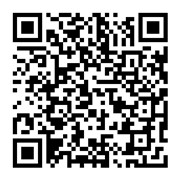掌握caught的用法和搭配,让你的英语表达更地道!
Certainly! Understanding the usage and collocations of "caught" can significantly enhance the naturalness of your English expressions. "Caught" primarily functions as a past tense and past participle of the verb "catch," but it also has several important idiomatic uses and specific collocations that are essential for sounding more native.
Firstly, "caught" is commonly used to indicate that someone has been caught doing something, often something wrong or unexpected. For example, "He was caught cheating on the exam," or "She was caught smoking in the no-smoking area." This usage often implies a sense of being discovered or apprehended. Additionally, "caught" can be used to describe the act of capturing or trapping something, as in "The fisherman caught a big one" or "She caught the mouse in a trap."
Another important usage of "caught" is in the context of diseases or illnesses. For instance, "I caught a cold last week," or "He caught pneumonia from the flu." This idiomatic use is very common in everyday conversation.
Furthermore, "caught" is frequently used in collocations with various nouns to create more vivid and natural expressions. For example, "caught fire" (as in "The building caught fire"), "caught up" (as in "I caught up with my friend after the long delay"), and "caught between" (as in "She was caught between two conflicting opinions").
In addition, "caught" can be used in the present tense to describe a sudden event or realization. For example, "I caught the bus just in time," or "I caught on to the joke immediately."
Mastering these different uses and collocations of "caught" will undoubtedly make your English sound more fluent and natural. By incorporating these expressions into your daily conversations and writing, you will be able to communicate more effectively and confidently.


